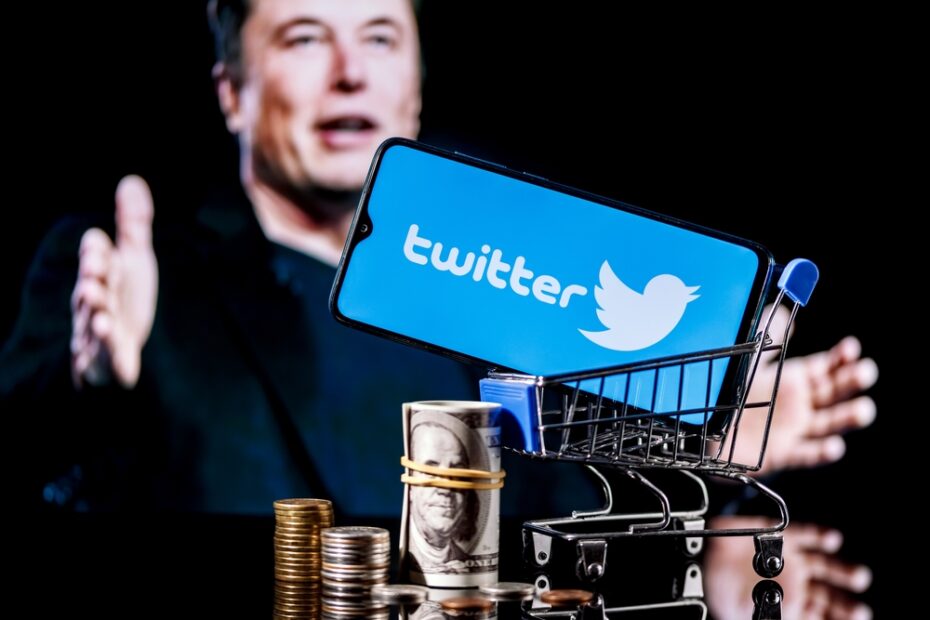Elon Musk Says Remote Work Is ‘Morally Wrong’

If you want to work for Elon Musk, you better be prepared to go to the office.
Elon Musk calls remote work “morally wrong”
In an interview with CNBC, the billionaire Tesla founder and Twitter owner lampooned work-from-home workplace culture. He told David Faber that he believes that debates over work from home are a class and moral issue. He also noted that he thinks employees are more productive when they show up to work in person.
“There are some exceptions, but I kinda think the whole notion of work-from-home is a bit like the fake Marie Antoinette quote, ‘Let them eat cake,'” Musk tells CNBC. “You’re going to make people who make your food that gets delivered [that] can’t work from home; the people that come fix your house, they cant work from home, but you can?”
Musk added that he thinks its morally wrong, referring to white collar works as the “laptop classes living in la-la-land” in the interview, which was conducted ata Tesla factory in Texas.
“The laptop class is living in la-la land. As I said, look at the cars. Are people working from home here? Of course not,” said Musk.
Related: CEO’s Simple And Effective Work From Home Policy Is Only 10 Words
“People should get off the moral high horse with the work-from-home,” said Musk.
The debate over working from work is shifting
Elon Musk’s scathing comments on remote work have jolted the conversation about the future of our workspaces. But, let’s not forget – the world is a diverse place. Some sectors can’t ditch the office, while tech titans like Twitter and Facebook have seen their success surge with remote setups. It’s a broad spectrum, and there’s no one-size-fits-all.
The work from home phenomenon has received significant pushback in recent months. Morgan Stanley, for example, is forecasting $1.5 trillion in debt for the commercial real estate world if these so-called “laptop class” businesses don’t return to offices like they did before the pandemic”.
According to a March 2023 Bureau of Labor Statistics report, 72.5% of businesses said their workers rarely or never worked from home in 2022. While remote work is widespread in some industries like tech, it’s far from the norm in many other sectors of the economy. There are even significant geographical differences around the work from home debate.
The ‘laptop class,’ as Musk calls it, raises some tough questions. Is working from home a privilege limited to a select few? And how does this square up with the ethos of Musk’s own corporate empire, with giants like Tesla and SpaceX in the mix? His stance could ripple through his companies, affecting everything from team spirit to talent attraction.
What does the future of work look like? No one has the perfect blueprint. Hybrid models are trending, while the dilemma of fostering company culture with Zoom and Slack is real. On the brighter side, remote work is a win for the environment – less commuting equals fewer emissions.
Musk’s moral lens on the work-from-home debate is an invitation for us to reexamine our work practices. Yes, it’s uncomfortable, and yes, it’s necessary. As we adapt to a post-pandemic world, these debates push us to redefine our workspaces – and who knows, we might just end up crafting a better, more inclusive world of work.